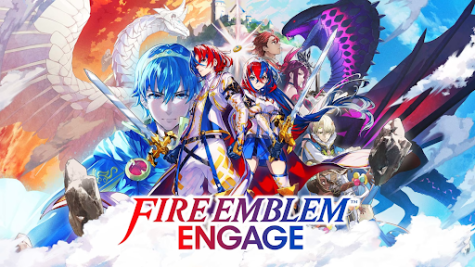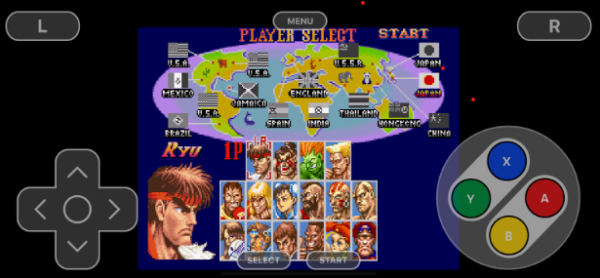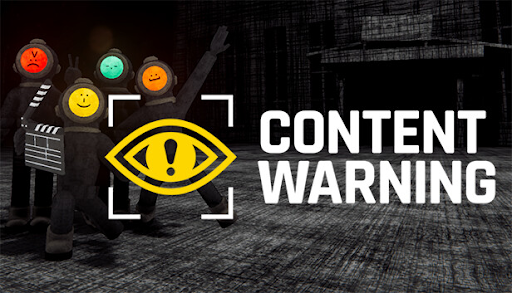Capitalism and Deja Vu
Over the last few years, entertainment has become heavily reliant on nostalgia. Some say the decision is killing creativity, while others believe it allows viewers to revisit old ideas and improve upon them.
Nostalgia is the feeling of something from the past that gives you joy, such as an old movie, game, or song. Corporations such as Disney have taken notice that people are revisiting the days of old and have been capitalizing on it by re-releasing old content, making new things based on old franchises, or creating new content that heavily reuses ideas or icons of the past.
So far, the blast from the past has proved to be very profitable, causing many companies to use nostalgia in order to sell more products very frequently; however, the influx of retro entertainment has caused a market oversaturation, which has led people to tire of it. People want something new; they liked the old stuff when it was back for good reason, but now the old content overpowers the new content.
Nostalgia has its ups and downs: it can be a powerful way to bring back comforting memories in a new and exciting way, but it can also be manipulated into an easy cash grab with little thought or effort put in. Alex Yang,a senior at Centennial High School,strongly disapproves of the overexposure of nostalgia media. “Innovation is extremely scarce and movies never try anything new anymore,” he expounds, “Think of all the reboots: Matrix, Avatar, Star Wars, et cetera, et cetera, same goes for video games.”
Classic Disney movies like Aladdin, The Lion King, Dumbo, Mulan, and others have been remade with modern technology like CGI (computer generated images); however, they are generally regarded to be worse than the originals and are simply ploys for easy money.

Kathryn Genovese, a freshman at Centennial, has some fresh thoughts on companies using nostalgia, stating that “larger corporations tend to utilize it for the pure reason of baiting older audiences. Sometimes writers simply just have a desire to include nostalgia because of their own, but at the top, people will only approve it because they know who will be drawn in by it.”
The Top Gun franchise exemplifies this trend. The original Top Gun from the 80’s is an incredibly popular movie that is beloved by millions. In 2022, upcoming director Joseph Kosinski made a sequel, Top Gun: Maverick, after over 30 years of nothing. This new film is definitely catered towards older audiences who saw and were huge fans of the original back then.
The video game Fire Emblem Engage is a prime example of a product including nostalgia for non-monetary reasons. The game is a new entry in the long- running tactics game series. It is a brand new story with new and returning characters. This is a good way to use nostalgia, as it allows for the developers to revisit old characters and ideas,improve upon them, and flesh them out more. It feels less corporate and more genuine compared to media like the recent Disney movie remakes.
Nostalgia can be an incredibly powerful tool for entertainment; however, it should be treated with more thought and care, not used as a quick, cheap cash grab.

nc/jy/ac/ew
For more breaking news and photos, follow The Wingspan on Instagram and Twitter @CHSWingspan.



